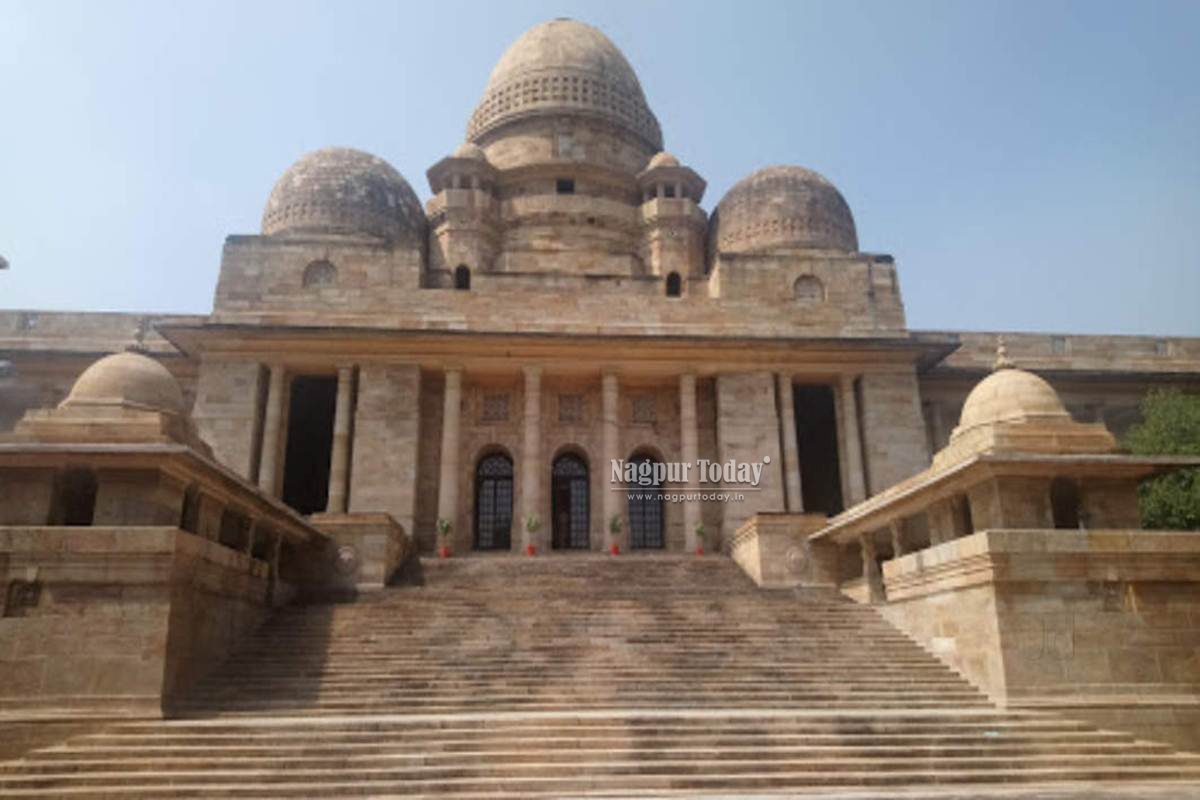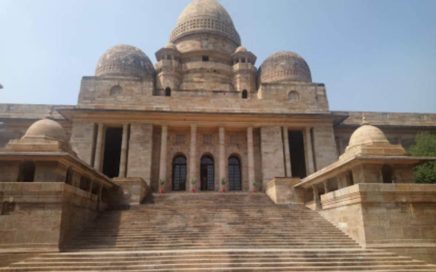
Nagpur: While the Nagpur Municipal Corporation (NMC) continues to supply potable water to the city, residents still rely on wells during the summer months when water scarcity intensifies. However, a troubling reality has come to light — most of these wells are not suitable for drinking. This fact was revealed by the NMC itself in response to a Right to Information (RTI) query.
Highlighting this concern, petitioner Sandesh Singalkar requested the High Court to direct authorities to carry out mapping of these wells. During Wednesday’s hearing, the court observed that groundwater pollution in certain areas was alarming and granted permission to include the Water Resources Department as a respondent in the case. The court also issued a notice to the department, directing it to file a reply.
Advocate Smita Singalkar appeared on behalf of the petitioner, while Advocate Sudhir Puranik represented the NMC, and Advocate Sanyal appeared for the Maharashtra Pollution Control Board (MPCB).
Key Developments During the Hearing:
The Central Ground Water Authority submitted an affidavit to the High Court, highlighting various deficiencies in groundwater management. Although the court posed questions regarding these issues, no departmental officials were present during the hearing to provide answers. Expressing dissatisfaction, the court considered imposing penalties but deferred the matter after being assured that a detailed affidavit would be submitted at the next hearing.
The Authority’s counsel stated that the affidavit would include details of notified areas, survey results, and specific locations where surveys were conducted.
Court Observations:
The court emphasized that protecting groundwater from pollution is crucial, especially in regions where the situation is already critical. It directed the Authority to outline, in its affidavit, the measures being taken by the state and local bodies to address the issue. The court also expressed its expectation that both the state government and the Central Ground Water Authority would take concrete steps to control groundwater pollution.
The bench was informed that, as per central guidelines, prior approval from a competent authority is mandatory before extracting groundwater. The High Court instructed all respondents to study the matter thoroughly and submit their responses by June 19.
NMC’s Own Report Reveals Alarming Figures:
Total number of wells owned by NMC: 636
Wells with potable water: 348
Unusable wells: 359













